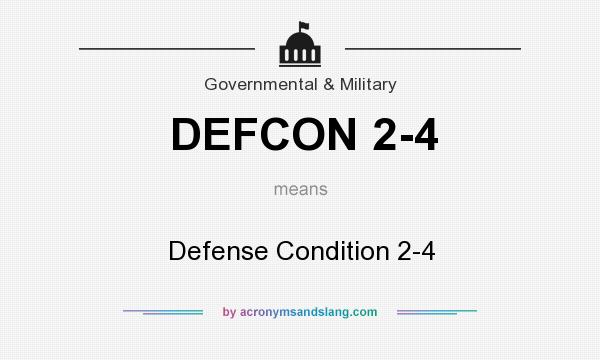
We should make an informal approach to him now before he comes down very hard in opposition to further measures necessary to resolve the Cuban crisis. He suggested that we talk about normalization in the Caribbean and offer to talk to the Russians about other problems. Khrushchev then might be easier to deal with on Berlin. He believed we should make the Russians an offer covering Cuba. He said he believed Khrushchev was under real pressure and urged that we deal with the Cuban problem from a world point of view and with regard to U.S./USSR relations rather than as a U.S./Cuba problem. He asked whether we should give a guarantee covering only invasion. If the Russians would agree to take out the IL-28 bombers by fixed future date, we would lift our quarantine at once. McCloy, who has been taking an active part in the negotiations, recommended that we make the following offer to Kuznetsov.
Are we in defcon 2 full#
If the Soviets refused to withdraw the bombers, we should make a full statement in the UN Security Council. Ambassador Stevenson replied that we should not. The President asked whether we should give a guarantee against invading Cuba if the Russians refused to withdraw the IL-28 bombers. He preferred this course to Stevenson's suggestion of putting forward a new proposal now. He urged that we stay on our original course until we get a reply from Khrushchev. Secretary Rusk said he agreed we should continue to follow a policy of seeking multilateral actions. (4) We should make every effort to go with the Latin American states and keep them unified with us. If it is rejected, we should avoid unilateral action as is proposed in the State Department papers. If they came back with counterproposals, we might have to add to the package such things as an agreement to allow inspection of Cuban camps in the U.S. If the Russians accepted, the transaction would be ended. Before presenting it to the Russians we would consult the major Latin American states to see if it was acceptable to them. He felt that the Russians would probably reject his package. The Soviets are refusing to give in on the withdrawal of the IL-28 bombers and are insisting on the five points which Castro put forward some time ago.Īmbassador Stevenson said his proposal was aimed at ending the negotiations. An effort is being made to sell the idea of choosing any five Ambassadors agreeable to the parties concerned.

U Thant's proposal to name five Latin American Ambassadors as inspectors has encountered Cuban objections. He commented that no proposals were being made in New York and the momentum of the negotiations there was slowing down. (3) It contains the specifics of a package to be presented to the Russians in an effort to end the New York negotiations and to seek a solution by negotiating with the Cubans directly or through the OAS. We had heard nothing about the Castro/Mikoyan negotiations in Havana.Īmbassador Stevenson reviewed the deadlocked negotiations with the Russians in New York. We had received no reply from the Russians on the withdrawal of the IL-28 bombers from Cuba. Secretary Rusk reported there had been no change over the week end on the political side.

(2) The President commented that we should watch very carefully the use of Cuban arms to promote subversion in the hemisphere. (1) He called attention to NIE 84-4-62 which summarizes Castro's capability for subversion in Latin America and lists military equipment which the Russians have given to Castro. Secretary McNamara said he would recommend later this week when the reserve air defense units called up last month should be returned to civilian life.ĭirector McCone summarized current intelligence. The air defense units should also stand down, but this could not be done without giving a signal to the Russians. However, SAC should stand down as soon as possible because the present alert involves burning out large amounts of spare parts.

He suggested that no reduction be made today. The Russians would know immediately if our state of alert was reduced. forces would be a sign to the Soviet Union. Secretary McNamara said any reduction in the state of readiness of U.S. The President suggested that the level of alert might be reduced toward the end of the week, but he did not wish to make a decision now. Other forces have been reduced to DEFCON 3. In response to the President's question, General Taylor said that SAC is still on DEFCON 2.


 0 kommentar(er)
0 kommentar(er)
